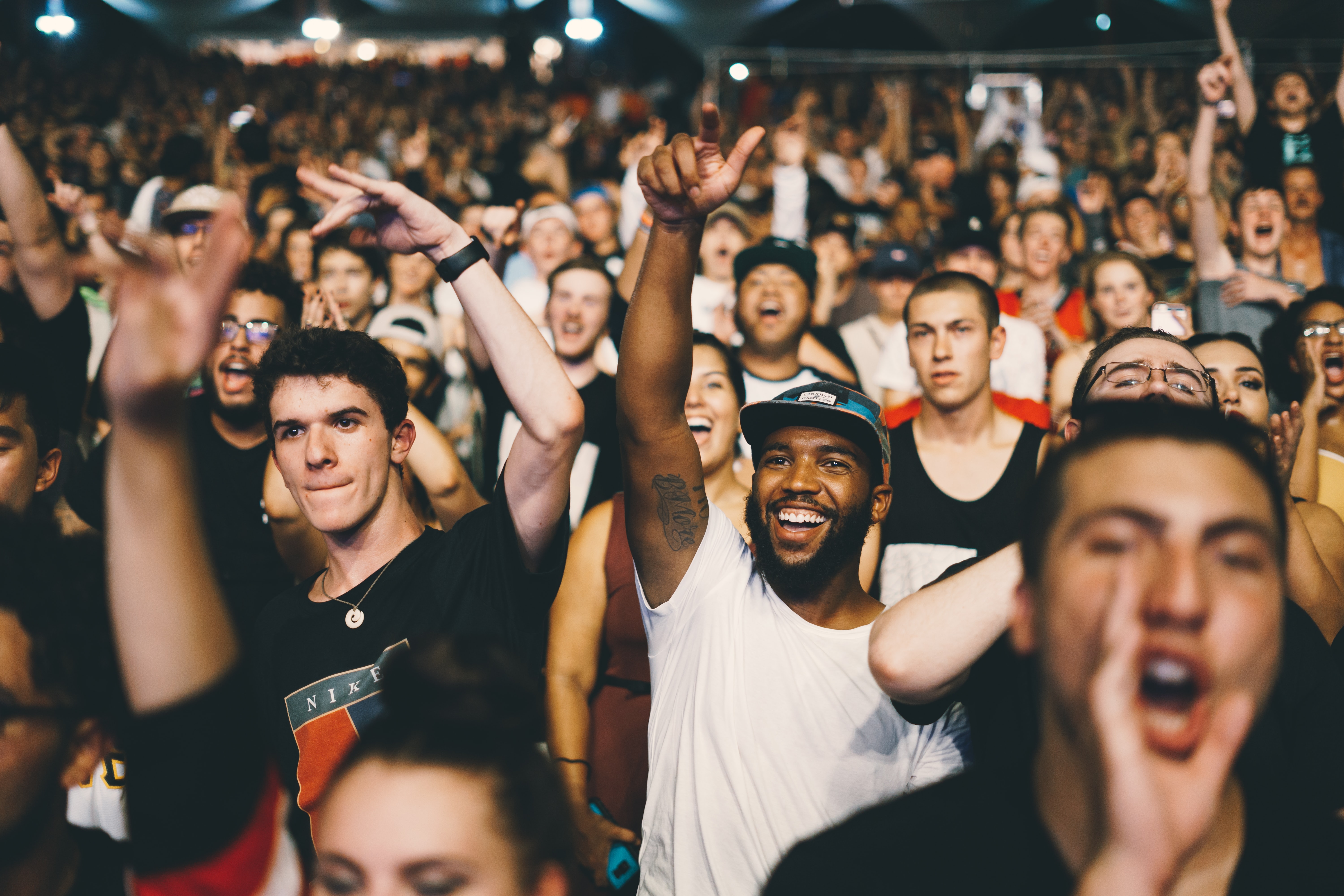
The Struggle of Elite Athletes: Balancing Dreams and Financial Realities
POSTED ON:2023-08-31 14:26:00.
In the world of elite sports, where dreams of glory are pursued with unwavering determination, the harsh realities of financial struggles often remain hidden beneath the surface. A recent study by the Australian Sports Foundation has shed light on a concerning issue: a significant number of talented athletes are living below the poverty line, putting their dreams at risk of being abandoned due to financial constraints. This revelation has sparked discussions about the urgent need for increased support for these dedicated athletes.
The research findings are striking: a staggering 46 percent of elite athletes aged 18 or older are earning less than $23,000 per annum. Such a meager income is barely enough to cover basic living expenses, let alone the specialized training, equipment, and travel costs associated with competing at the highest level. The financial struggle faced by these athletes is not a new phenomenon; it's an ongoing issue that has persisted for years, preventing them from reaching their full potential.
Natalie Cook, a five-time Olympian and former volleyball player, understands this struggle all too well. She recalls her own experience of selling pies to fund her travel expenses for competitions, highlighting that little has changed since then. Cook's personal journey serves as a stark reminder of the immense sacrifices athletes make to pursue their passion. She speaks from a place of empathy and firsthand experience when she shares her concern that many aspiring Olympians could be forced to relinquish their dreams, echoing her own $300,000 debt and the mortgage on her father's house that she had to grapple with.
In light of these distressing findings, Cook is advocating for a doubling of direct government athlete support. Her plea is not just for her fellow athletes, but for the integrity of sports itself. Without adequate financial backing, the world risks losing the chance to witness the extraordinary feats that these athletes are capable of achieving. Cook's warning that numerous Olympians might be compelled to either abandon their chosen sport altogether or switch to more lucrative options underscores the urgency of the situation.
Enterprises like Invictus are stepping up to challenge this narrative. Invictus recognizes the value of athletes' knowledge and expertise, offering them the opportunity to monetize their skills through providing video feedback. In an era dominated by the digital creator economy, this innovative approach aligns perfectly with the current landscape. Athletes can leverage their unique insights to offer valuable feedback, earning an income while still being involved in the world they love.
The struggle of elite athletes living below the poverty line is a complex issue that demands immediate attention. The dedication, sacrifice, and relentless pursuit of excellence exhibited by these athletes deserve to be met with a system that supports them both on and off the field. Natalie Cook's call for increased government support serves as a rallying cry for change, reminding us that the future of sports hinges on our collective commitment to nurturing talent and dreams. Additionally, initiatives like Invictus signify a shift towards creative solutions, ensuring that athletes can sustain themselves financially while continuing to contribute to the sports community.
In conclusion, the financial hardships faced by elite athletes underscore a critical imbalance between their aspirations and the resources available to them. Addressing this challenge requires a multifaceted approach, from increased government support to innovative ventures that enable athletes to leverage their expertise. By standing together, we can rewrite the story of struggling athletes, ensuring that their dreams are upheld and their talents shine brightly for the world to see.
